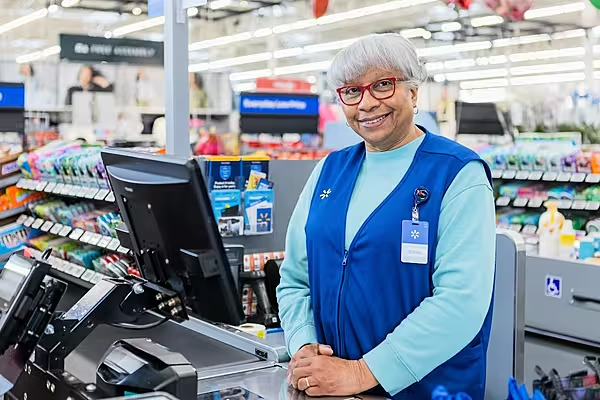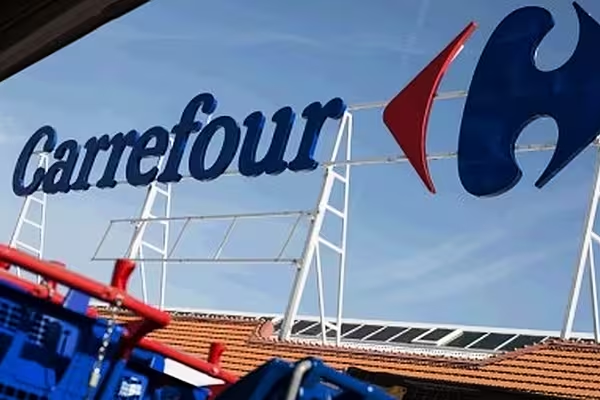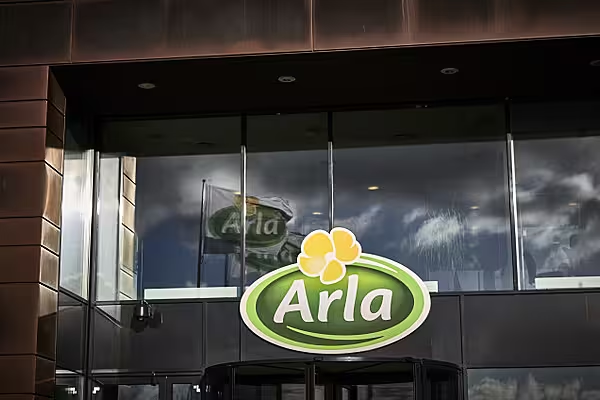Retailers are adopting various measures to ensure competitiveness, as well as assist consumers in navigating an ongoing period of economic uncertainty.
Since the beginning of 2021, inflation has risen rapidly, reaching its highest level in 32 years last year, with food price inflation one of the largest contributors.
Amid these circumstances, retailers are adopting various measures to ensure competitiveness as well as assist consumers in navigating an ongoing period of economic uncertainty.
Shrinkflation
‘Shrinkflation’ is one such measure, involving a reduction in product size or quantity, while maintaining the same price. Having been utilised by major brands, this approach is also increasingly common among retailers’ Private Brand offerings.
A 2022 study by IGD indicated that snacks, breakfast cereals, bakery, and chilled products are some of the categories in which consumers are most sensitive to these practices, whereas non-food items are typically disregarded. This indicates that retailers should proceed with caution, as the adjustment margin they can implement without affecting perceived value has shrunk greatly.
Anti-Inflation Baskets
Retailers are also creating ‘anti-inflation baskets’ to mitigate the impact of inflation. This strategy has been implemented successfully in France, by retailers such as Carrefour and Intermarché.
Price-Matching
Another approach, which has proven to be highly effective for British retailers such as Tesco and Sainsbury’s, is price matching the discounters, which eliminates price as a reason for consumers to shop elsewhere, according to Tesco chief executive Ken Murphy.
According to a recent Mintel study, some 44% of Tesco shoppers and 42% of Sainsbury’s shoppers say that the respective retailers’ ‘Aldi Price Match’ schemes have stopped them from switching to discounters.
Loyalty Programmes
A time-honoured solution, retailers have upped their investment in loyalty programmes to both increase value and provide a more engaged, personalised purchasing experience.
A recent poll carried out by Daymon on LinkedIn highlighted the importance of exclusive promotions as part of a loyalty-based approach, with more than a third (34%) of market players identifying ‘looking for discounts’ as the key consumer behavioural shift to deal with inflation.
Trolley Comparisons
When it comes to highlighting the value of Private Brands, trolley comparisons are an effective vehicle, in which retailers communicate the amount of money customers would save by choosing Private Brand products over National Brands.
Strengthening The Private Brand
Of course, Private Brand has proven to be a powerful tool in promoting value beyond price, especially when its inherent affordability is combined with trend-aligned innovation. As a result, retailers across the globe are strengthening their Private Brand ranges and making highly relevant products accessible across all budget spectrums.
In South Africa, Shoprite’s new Private Brand, ‘Homegrown’, which aligns with the fast-growing ‘locally sourced’ trend, is one example, while Portuguese retailer Continente recently launched a children’s breakfast and snack range under its Continente Equilibrio brand, to meet consumers’ growing demand for nutritionally balanced products formulated specifically for children.
Challenges Ahead
With 54% of market players identifying inflation as the most significant challenge for the coming year, according to a recent Daymon LinkedIn poll, it is anticipated that key trends established during the recession will continue to influence long-term business strategies in the future.
Therefore, it is crucial for retailers and brands to continuously aid consumers in their economic recovery by employing strategies that can partially restore their diminished purchasing power.
For more information, visit www.daymon.com.
This article was written in partnership with Daymon.














